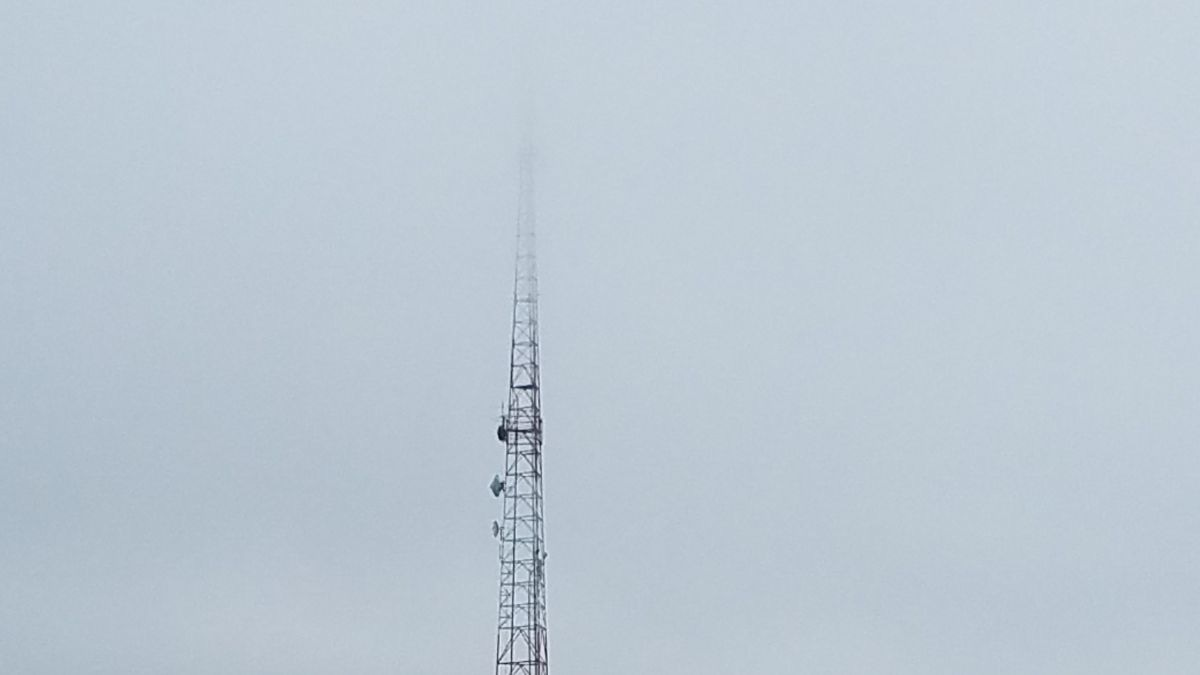War of words
On "Swan Lake", domain names, and why it matters when government websites go down
For most of the electronic media age, one of the key steps in any military invasion, popular uprising, or coup attempt was to seize control of the broadcasting outlets. It's why the BBC went to such great lengths to make contingency plans during World War II, and why the Russian people learned a peculiar connotation to broadcasts of "Swan Lake".
■ As the Internet has displaced the airwaves as the leading conduit for communications, the strategic significance of seizing the radio and television stations has fallen behind the significance of capturing control of the official websites and domains. Thus the sweeping disruptions to the online domains of the Federal government reveals just what is now valued most, by all sides in political conflict.
■ Controlling the words people use for outward display on public-facing government websites is so important in some quarters that it effectively eclipses all other considerations, including the basic availability of the websites themselves or content contained therein. Sections of some government websites have been blanked, while other sites have been sent offline altogether.
■ It's interesting to note the similarities in outcome between a self-imposed content purge and what would happen if a hostile entity (like an adversarial foreign government) were to disable a government website for tactical advantage through malicious hacking. Either way, the site becomes unavailable.
■ Few systems are as fragile and as susceptible to breakage as the computer systems belonging to government agencies -- and their website servers are no exception. Breaking things is easy; repairing them is hard. Prudential treatment of those high-tech outlets is today as important as not breaking the vacuum tubes once would have been at a captured radio station.



